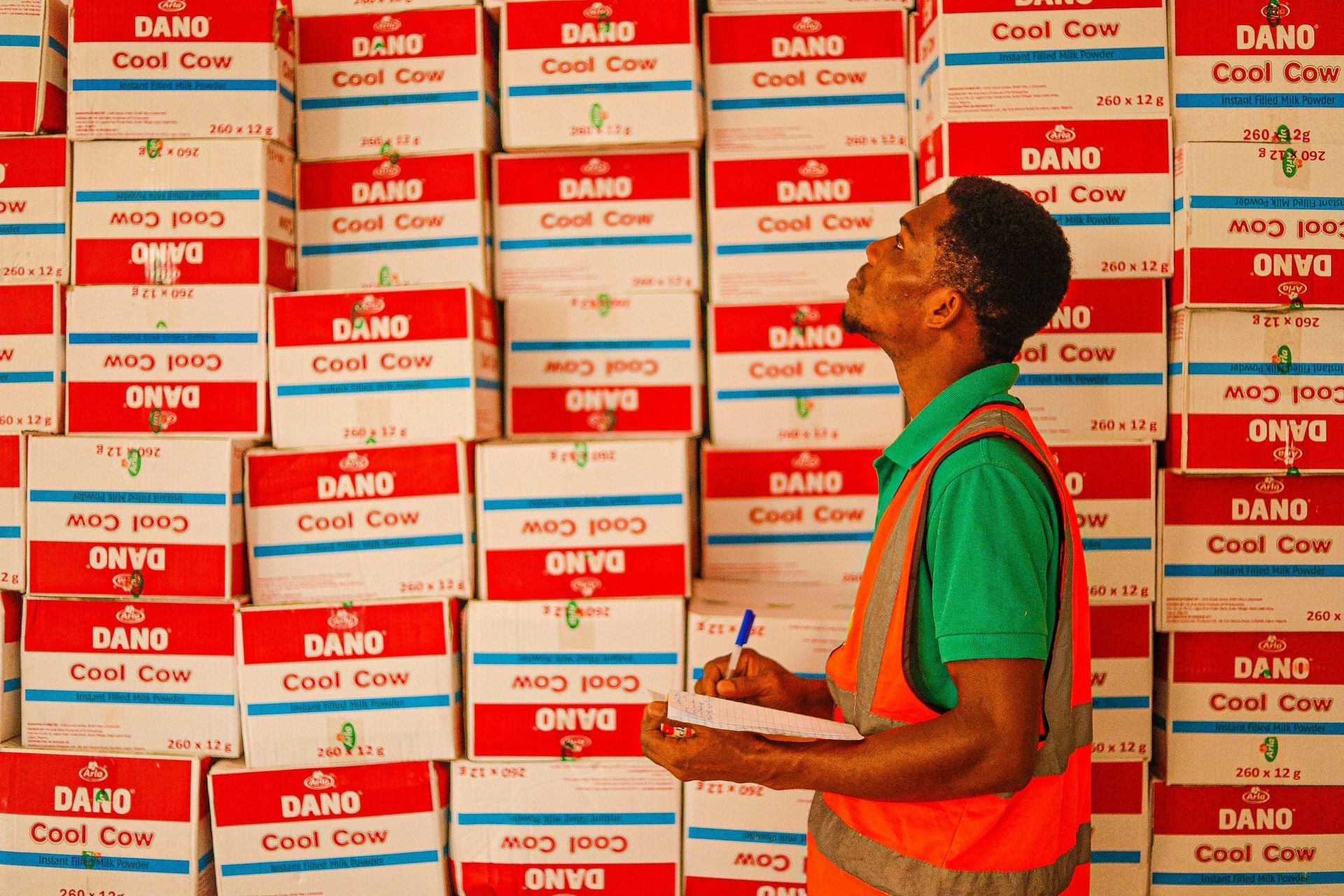How to Make Your Resume Stand Out So Factory and Warehouse Employers Take Notice
When you’re applying for a factory or warehouse job, you have a lot of competition. These part-time, full-time, permanent, and temporary positions are highly coveted by lots of people who enjoy the flexible schedules and regular paychecks the jobs bring. In order to make sure you land the job, it’s important to have an eye-catching resume that positions you as the ideal candidate. Otherwise, your resume or application may get glanced over and tossed in the recycling. Follow the tips in this article for how to make your resume stand out and get noticed – so you get hired.
Here’s how to make your resume stand out
Read the job description
The first step towards writing an effective resume is to read the job description you’re applying for. Without doing this simple step, you won’t be able to ensure you highlight the right skills and experience in the resume. The job description will tell you what kinds of duties the position entails and what kind of experience the company is looking for in their ideal candidate. It may also tell you the hourly rate of pay, the hours for the shift, as well as any other special duties the position may be responsible for. Make sure you take note of what the position requires so you can work some of that information into your resume.
Talk about your hard skills
Hard skills typically refer to technical skills and training you might have, such as knowing how to operate a forklift or being proficient in basic computer software such as Microsoft Word and Microsoft Excel. If a job description requires any specific hard skills and you posses them, be sure to highlight them at the very beginning of your resume. These types of skills can be difficult to learn and attain, so having them puts your resume at the top of the pile.
Don’t forget the soft skills
What’s the difference between hard and soft skills? While hard skills are related to technical training, soft skills are related to personality traits. These can include being good at communication, working collaboratively with others, and being strong with organization and time management. Many job descriptions will list particular soft skills they want candidates to have. While you don’t need to posses these like the hard skills, you should at least have some of them in order to get the position. For example, if a position asks for a candidate that has strong leadership skills, they may still hire someone who has not been in a leadership position but is good with communication, time management, and delegation.
Make your experience count
Many candidates applying for warehouse and factory jobs often wonder whether they should bother putting together a resume even if they don’t have any relevant job experience. The answer is yes, you should always put together a resume, whether you have any relevant job experience or not. Why? Because the resume highlights much more than just your experience – it also contains your contact information, your education, and your hard and soft skills. If you do have related experience, you can put it on your resume in reverse chronological order. If you don’t have related work experience, add any volunteer experience or smaller jobs you may have done, such as babysitting or handing out flyers. All of this experience counts.
Choose the right font
Here’s something simple that many people often get wrong. The resume is not the right place to experiment with fun and creative fonts. Always choose something simple like Arial or Times New Roman on your resume, because these fonts are easy to read. When reviewing resumes, it’s likely the recruiter is going through tens if not hundreds of resumes at a time. If yours is too difficult to read, they will likely not even try. All of the hard work you put into the content will not count if no one can read the font you’ve chosen for your resume.
Watch the font size
It can be tempting to make the font really small on your resume so everything fits on one page. Avoid doing that because it will make the resume really difficult to read. Instead, go with a size like 12 – and don’t go any smaller than 10. You also don’t want to go in the other direction and go too big – anything higher than 12 begins to look childish and unprofessional. The font size matters because you want the resume to be easily readable so that no one has to strain their eyes.
Proofread your work
This is an important step many candidates applying for warehouse and factory jobs forget: you must proofread your resume to make sure there are no spelling mistakes or typos. This is a simple step you can take to ensure your resume looks professional. After all, your resume is a reflection of you. If it is full of errors, the recruiter may think you are not very detailed oriented and that you don’t spend time checking your work. If you struggle with written English and are not sure about grammar and spelling, ask a friend or family member to look over your resume for you.
You are more than just your resume
Applying for factory or warehouse jobs doesn’t need to be overwhelming. When you work with Noble Human Resources Solutions, applying for jobs is easy. With the click of a button, you can apply to multiple jobs at once. Just fill out the Job Seeker form and upload your resume. Then we’ll get in touch with you to discuss your skills and experience so we can match you with an open position that’s right for you. Whether this will be your first job or you’ve worked in the field for decades, we’ll help you land a position that helps you meet your financial and career goals.


